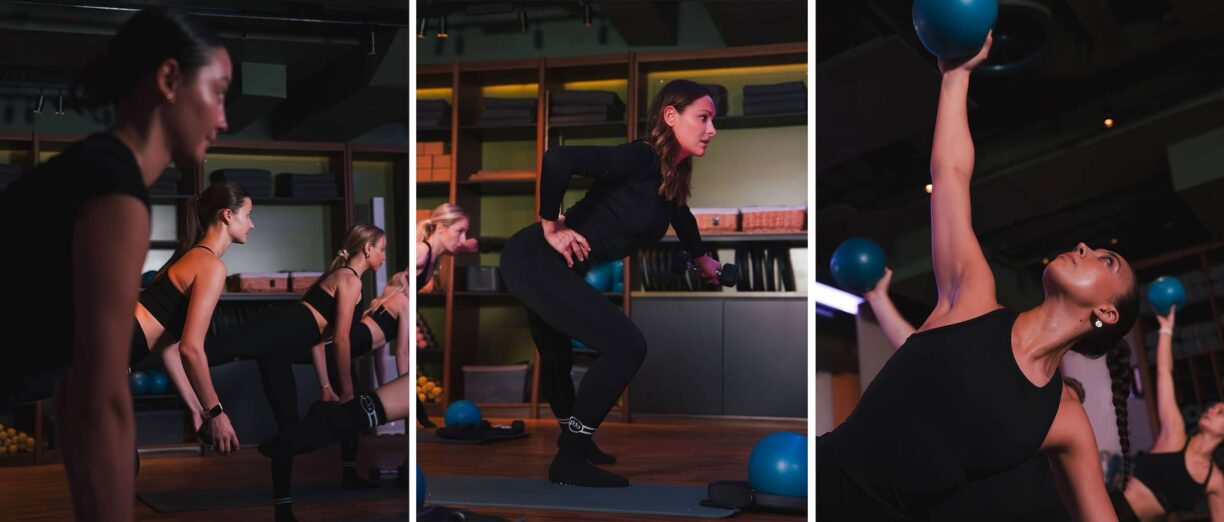45% of adult Londoners are making cutbacks to their spending on physical activity and sport due to the rising cost of living, according to a survey by the charity London Sport.
The findings have been unveiled in line with the 10-year anniversary of the London 2012 Olympic and Paralympic Games.
The survey found that more than half of respondents in the capital (52%) agreed that the rising cost of living had limited their ability to afford both sport and leisure equipment.
The issue also affected more than one-third of adults across the UK (36%), with 27% saying they’d also cut back on physical activity and sport due to escalating costs.
Nearly half of Londoners (49%) stated that the rising cost of living is discouraging them from using their local leisure facilities. This is in comparison with one-third (33%) of adults across the UK.
In all eight of the themes mentioned in the survey – ranging from cutting down on dining out and alcohol, to cancelling gym subscriptions and other costs linked to exercise – Londoners were more likely than the rest of the country to be impacted by the rising cost of living.
The poll also found that two thirds (66%) of adults living in London agreed that the Games had left a positive legacy on London and its people, with general agreement that the Games had improved the experience of living and working in London, improved our nation’s relationship with sport, and inspired more young people to be more active.
However, people with a household income of £20,000 or less – less than the London Living Wage – did not share these views. Within this income bracket, only 4 in 10 respondents said the Games had left a positive legacy.
London Sport also asked sports clubs and organisations to respond about the anniversary, with two-thirds believing that the Games left a positive legacy for London and its people.
However, there was some skepticism cited regarding the impact on lower-income groups, with one respondent stating that for wealthier Londoners “there has been a great legacy, but for those from lower-income families I am not sure there has been much improvement.”
Currently, only 61.4% of adults in England undertake the recommended 150 minutes of physical activity a week, which includes moderate exercise and walking. However, in some Olympic Boroughs including Newham and Waltham Forest, activity levels still fall below the national average at 56% and 58% respectively.
Emily Robinson, CEO of London Sport said: “Physical activity has already taken a big hit from the pandemic and now the cost of living crisis threatens once again to turn the clock back in terms of progress of getting people active to help their health and wellbeing.
“A decade after London 2012 and one of Team GB’s most successful Summer Olympic and Paralympic medal hauls, it’s disappointing that the anniversary of the Games brings a stark reminder that we need to do more to address the inequality and inactivity gaps within the capital.
To mitigate some of the challenges that have faced Londoners in recent years, London Sport has distributed £750k to over 75 organisations across the capital over the past two years, and will shortly be distributing a further £500k through the Together Fund to support projects to increase activity levels amongst young people and less active adults. However, London Sport believes that there is more far work to do to tackle the barriers to sport and physical activity.
Being active is not a luxury, it is essential to the health and wellbeing of the nation. With physical inactivity being responsible for one in six premature deaths in the UK and costing the NHS and taxpayers billions of pounds, it is vital that government, local authorities and other decision makers have a renewed focus on making the benefits of being active available to everyone.”





